Regenerative Textile Initiative
A new standard for responsible material sourcing

Securing a regenerative future for textiles
This initiative supports the production of natural materials in ways that regenerate nature and deliver positive ecological, social, and economic outcomes. By accelerating the transition, enabling access to regenerative materials and navigating questions around supply integration, the initiative aims to scale the use of these materials. In its first year, the initiative focuses on two high-impact projects that align with our strategic partner’s targets—building long-term solutions that benefit people, animals, and the planet.
Regenerative Cotton
Regenerative Wool
Regenerative Leather
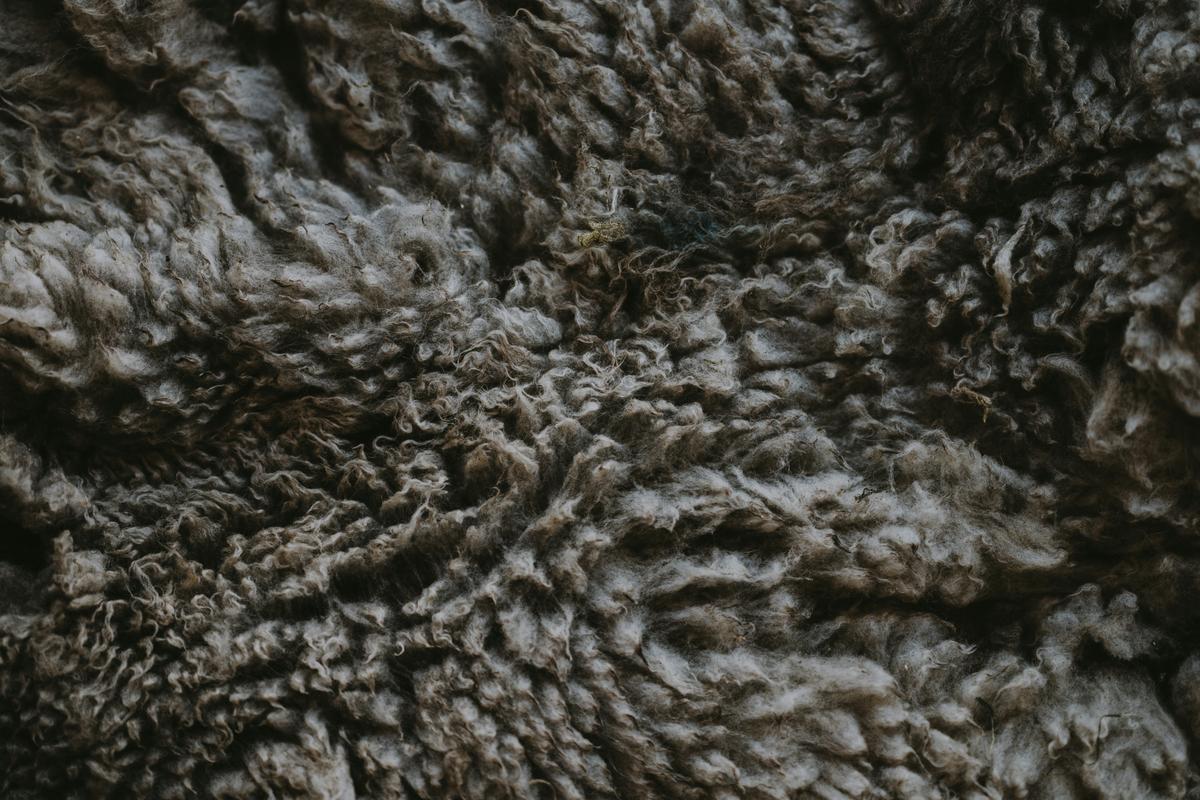
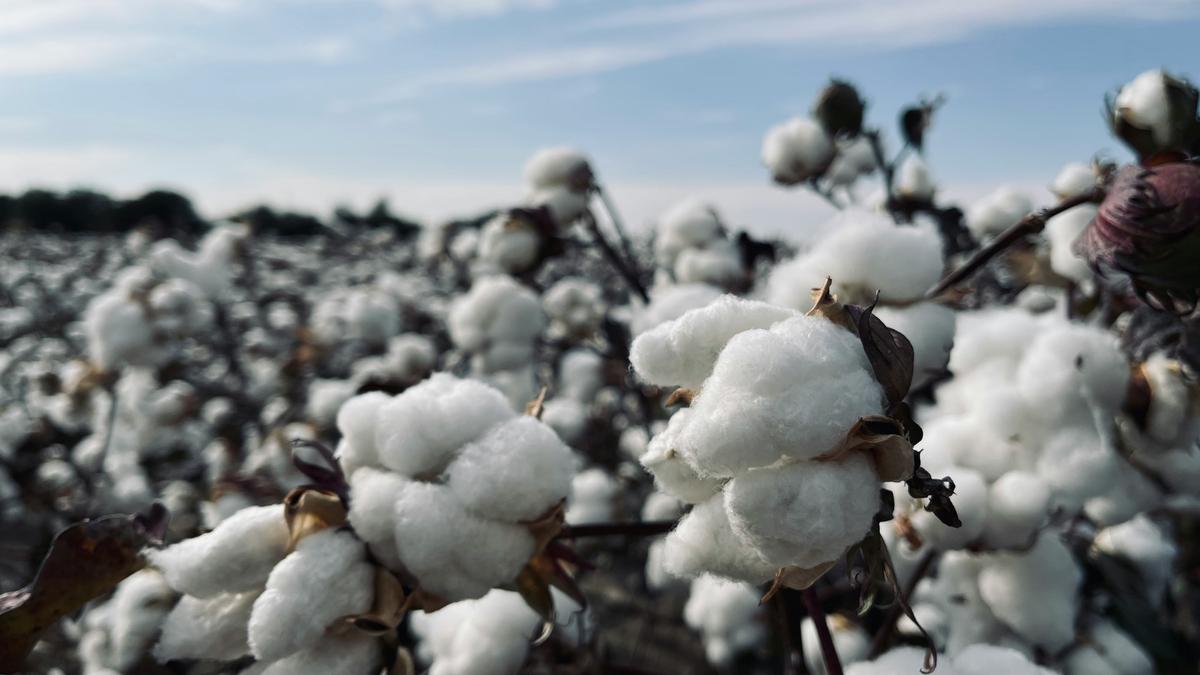
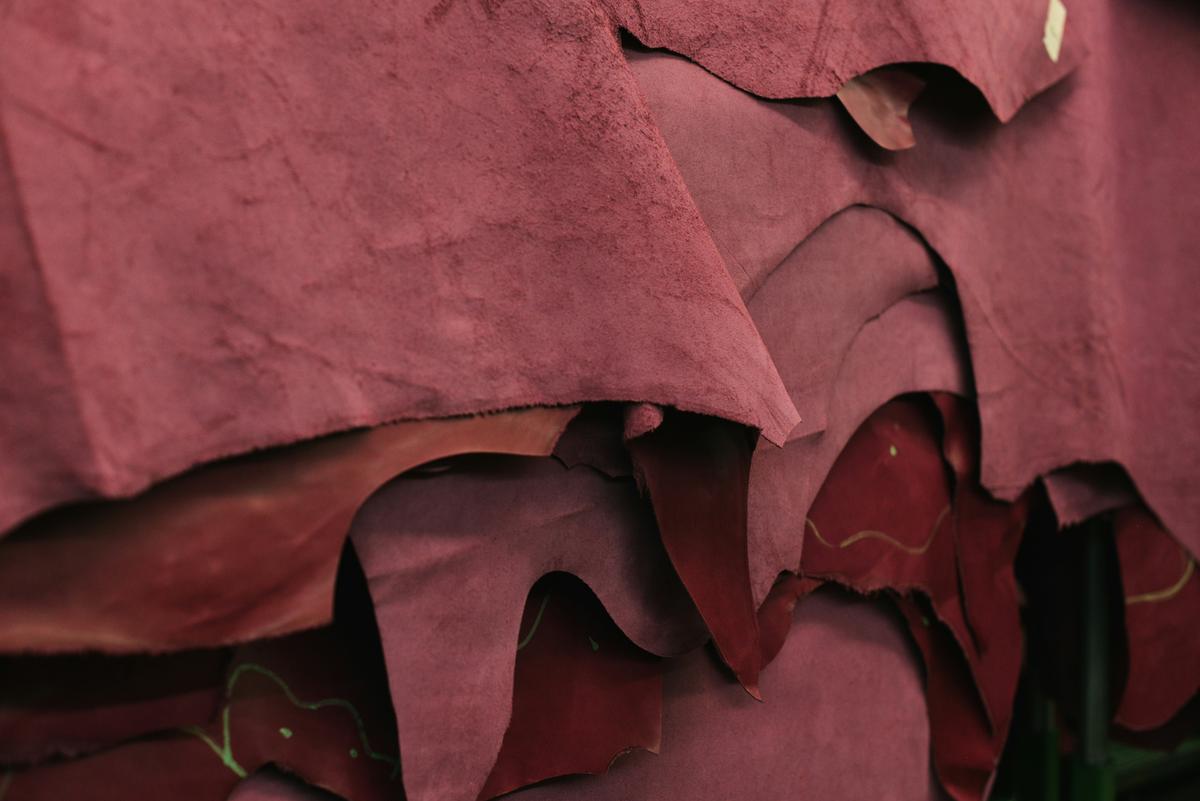
Why regenerative agriculture?
Fashion relies on nature. Cotton, wool, leather—these materials come from living landscapes that are increasingly degraded by climate shocks, soil depletion, and biodiversity loss. Without healthy ecosystems, long-term access to high-quality natural materials is at risk.
Regenerative agriculture offers a solution. Rather than doing less harm, it actively restores soil health, strengthens biodiversity, and improves ecosystem function. It is outcome-based, rooted in both science and traditional knowledge, and essential for building resilient supply chains in a changing world.
Milkywire supports place-based regenerative projects that deliver measurable benefits for nature, farmers, and the future of sustainable materials, creating long-term business value by:
Securing nature-positive materials
Building supply chain resilience
Meeting rising consumer and investor expectations
Reducing long-term costs
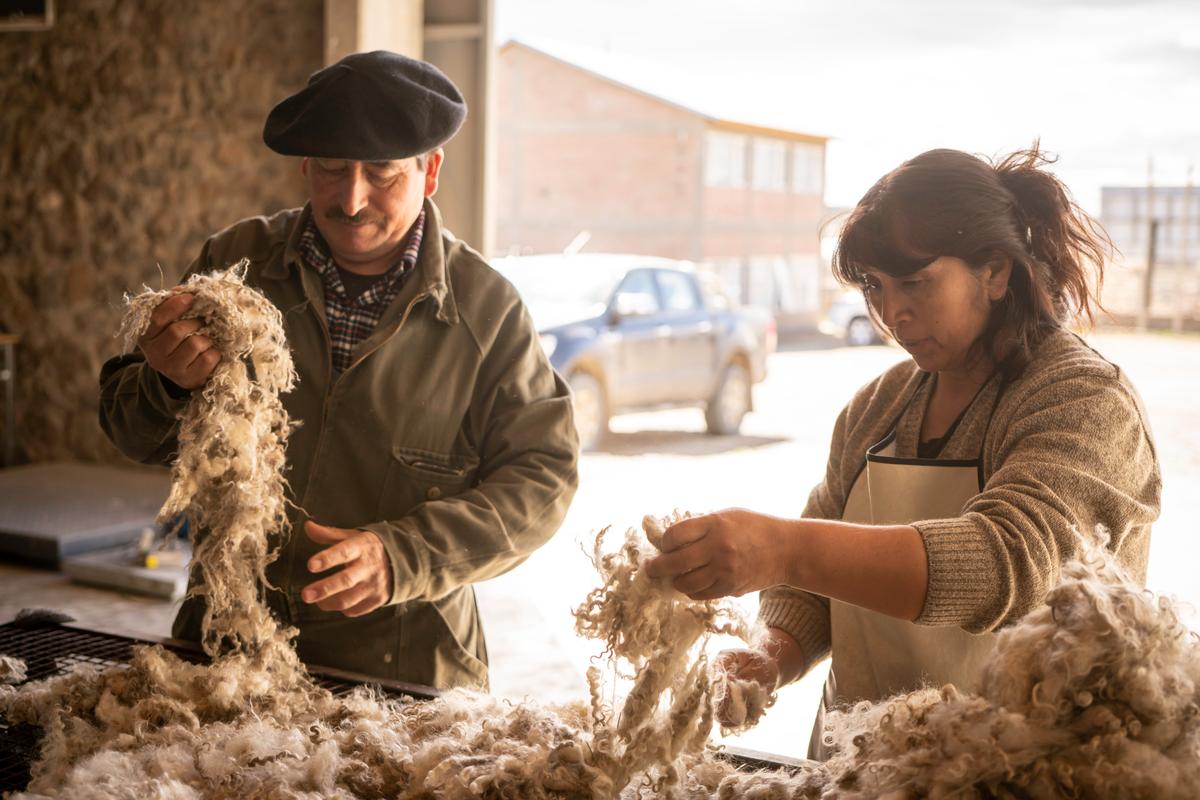
Helping fashion brands turn regenerative ambition into action
With deep expertise, a vetted project portfolio, and hands-on advisory, we guide companies through every step of adopting regenerative materials from strategy to sourcing.
Sourcing strategy
We support internal alignment and strategic decision-making through value chain assessments, capacity-building sessions, and tailored guidance. Our goal is to help brands understand and navigate the regenerative landscape.
Materials portfolio
Through our curated Regenerative Textiles Initiative, we connect brands with high-quality, vetted projects across cotton, wool, and leather. Each project is assessed for impact, feasibility, and alignment with brand goals, ensuring measurable outcomes for climate, biodiversity, and communities.
Material sourcing
We support brands in navigating questions around supply chain integration and provide insights into sourcing opportunities. Our work includes feasibility insights, supplier engagement, and aligning sourcing strategies with your sustainability goals.
Bespoke support
Every brand’s journey is different. We offer tailored research, transition planning, and hands-on support for pilot projects, monitoring, and stakeholder engagement, designed to fit your timelines, supply chains, and sustainability priorities.
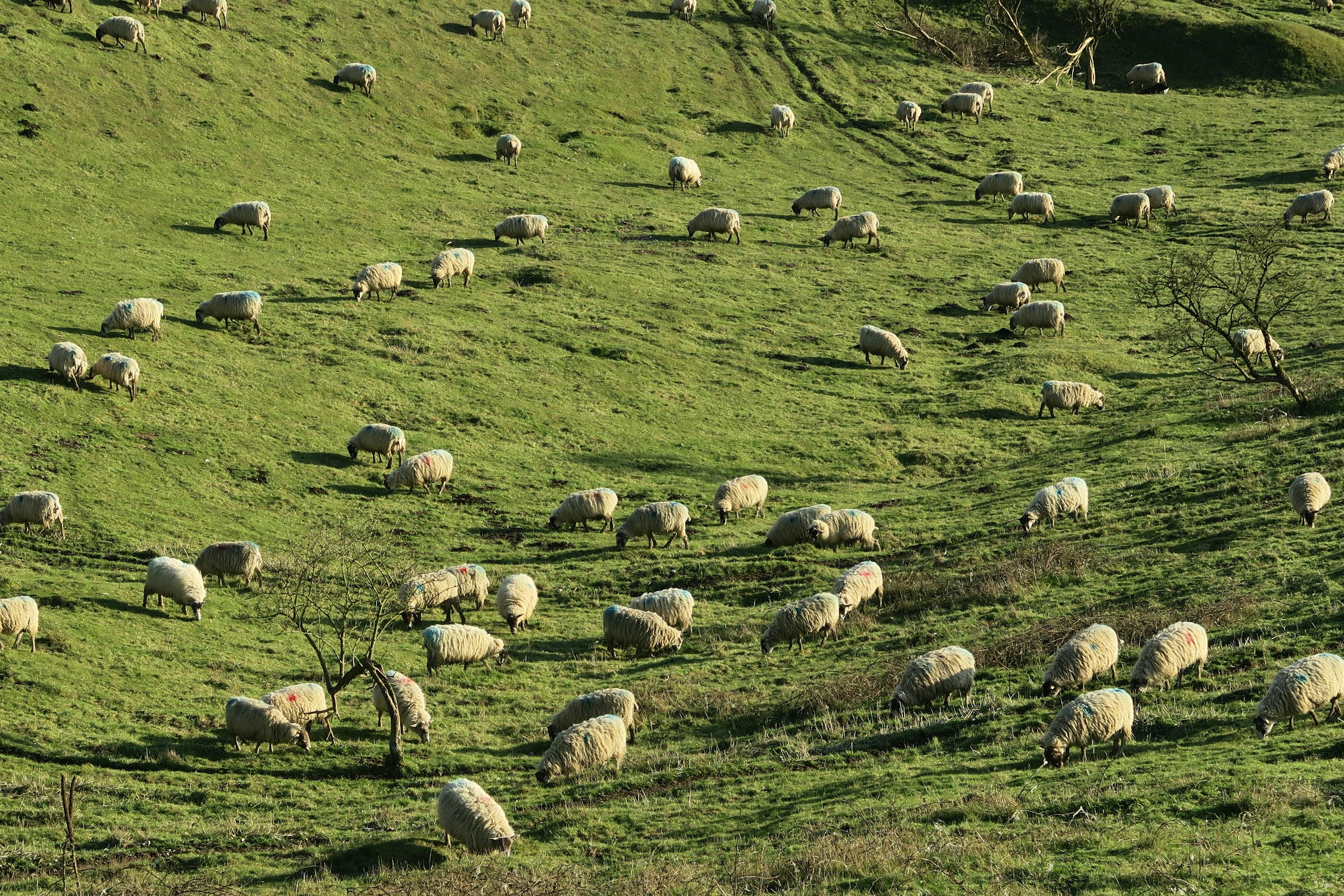
Regenerative Textile Initiative material focus
The initiative supports selected projects within three core material pillars—cotton, wool, and leather. Each project offers a unique approach to regeneration, from agroforestry-based cotton systems in India to collaborative grazing and wildlife-friendly wool production in Argentina. This diversity reflects our belief that localized, tailored solutions are essential to making systemic change. All projects are backed by transparent reporting and measurable results.
Regenerative Wool

Wool is a natural and durable material, but its production can have significant environmental and animal welfare impacts. It is also increasingly vulnerable to climate-related shocks such as shifting rainfall patterns and pasture loss, which threaten future yields. Through the Regenerative Textile Initiative, we aim to transition producers to regenerative wool and thereby increase the market availability of this nature-positive material. Our focus is on supporting producers that apply practices like rotational grazing, use minimal input, and integrate trees into pasture systems. We prioritize support for small-scale producers by investing in infrastructure, training, and monitoring efforts that uphold animal welfare and enhance land stewardship—ensuring that both people and ecosystems thrive.
Regenerative Cotton

Cotton is one of fashion’s most widely used, resource-intensive materials and is also vulnerable to climate shocks such as droughts, heatwaves, and flooding. Through the Regenerative Textile Initiative, we aim to transition farmers to regenerative cotton and thereby increase the market availability of this nature-positive material. We support projects that use practices such as cover cropping, reduced tillage, and agroforestry to improve soil health, increase on-farm biodiversity, diversify farmer incomes, and strengthen local ecosystems.
Regenerative Leather

Leather is a durable and versatile material used widely across the fashion industry—but it’s also deeply linked to deforestation, emissions, and traceability challenges. As part of the Regenerative Textile Initiative, we’re working to improve leather production by supporting on-farm projects that focus on silvopastoral systems, rotational grazing, and stronger supply chain transparency. We are actively evaluating projects for the next funding cycle. Our goal is to identify high-impact partners and help develop deforestation-free, regenerative leather systems that can be verified and sourced in the years ahead.

Regenerative Wool
Argentina
In the vast landscapes of Northern Patagonia, Wildlife Conservation Society (WCS) Argentina is working to make wool production more sustainable and inclusive. This initiative supports 20 small-scale producers including many from Indigenous Mapuche and women-led households. Together, they manage 60,000 hectares and, under this initiative, are adopting regenerative grazing practices. Key activities include training, collaborative grazing planning, and investments in infrastructure such as fencing, enhanced water systems, and livestock guard dogs—all contributing to their readiness for internationally recognized certifications like the Responsible Wool Standard (RWS) and Regenerative + Wildlife Friendly™.
Regenerative Cotton
India
In the cotton-rich region of Wardha, Maharashtra, Materra’s initiative aims to transform cotton farming by integrating agroforestry into regenerative agricultural practices and piloting its first long staple cotton trials as part of a broader transition strategy. Additionally, the project will incorporate intercropping and bio-inputs while engaging women in self-help groups, focusing on ecological sustainability and improving farmer livelihoods. The funding supports a comprehensive approach to scaling regenerative cotton by building farmer capacity through training, covering initial costs such as saplings and fencing, and enabling diversified, long-term income streams that reduce dependency on single crops like cotton.
How we ensure quality and scientific rigor
Projects are selected through a structured request for proposals, followed by rigorous screening, evaluation, and due diligence. Our selection framework is rooted in scientific best practices and reviewed by an independent advisory group. We evaluate each initiative on innovation, additionality, scalability, supply chain engagement, and measurable impact. Finalists undergo in-depth risk assessments and are monitored throughout implementation, ensuring that our support translates into lasting, credible results.
A commitment to purpose-driven fashion
TOTEME is a strategic partner of the Regenerative Textile Initiative, helping bring projects to life through a shared vision of accelerating regenerative material production in the fashion industry. In alignment with their ambitious climate goals and commitment to purposeful design, TOTEME is taking steps to support industry impact at the source—starting with cotton and wool. By launching the Initiative together, we aim to inspire and onboard more brands looking to make meaningful, science-based contributions to a better textile future.
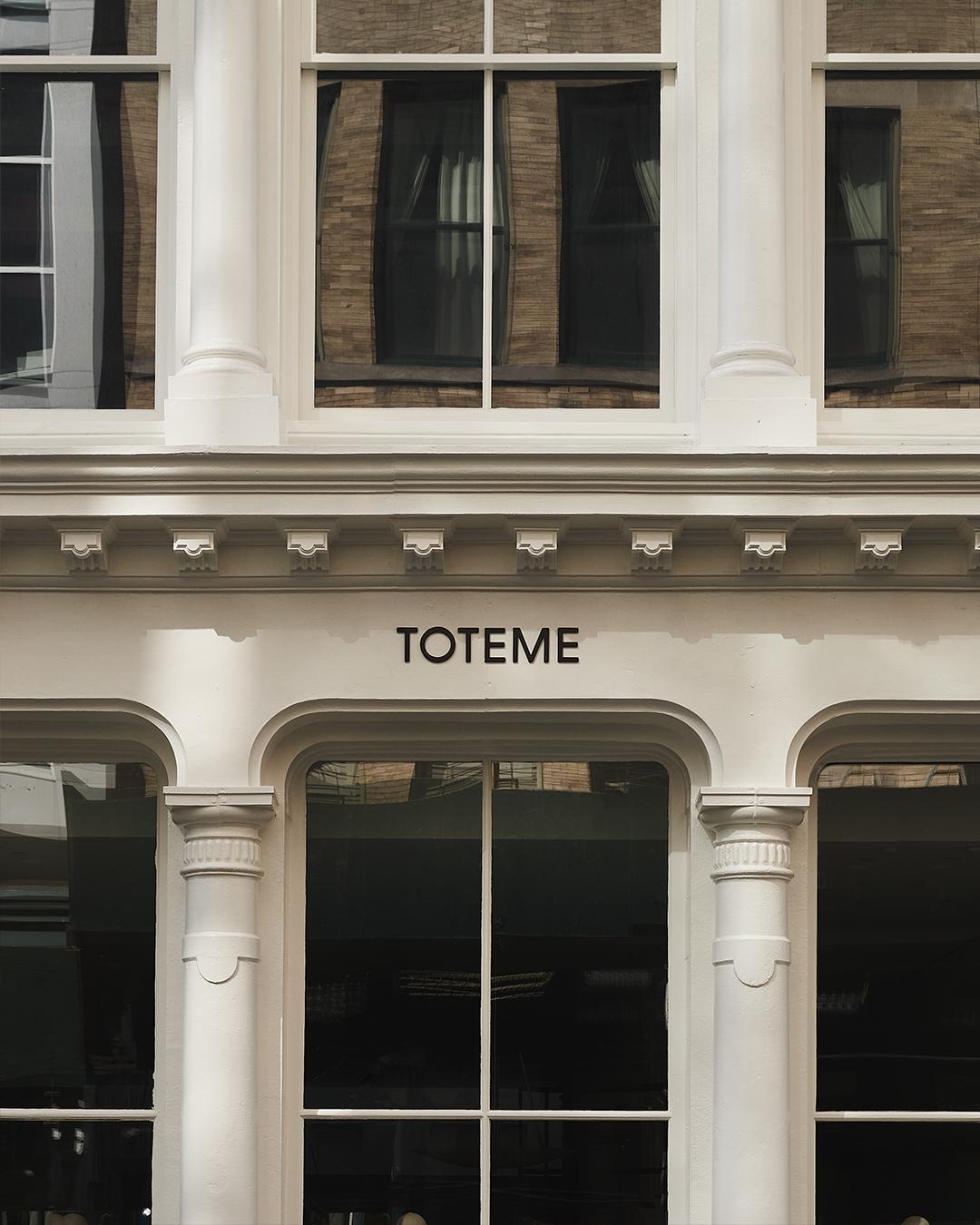
Ready to talk impact?
Let’s have a conversation about how we can support you in fulfilling your climate and nature commitments.
Join our newsletter to learn about the progress of our portfolios, expert insights, updates from our platform, and more.